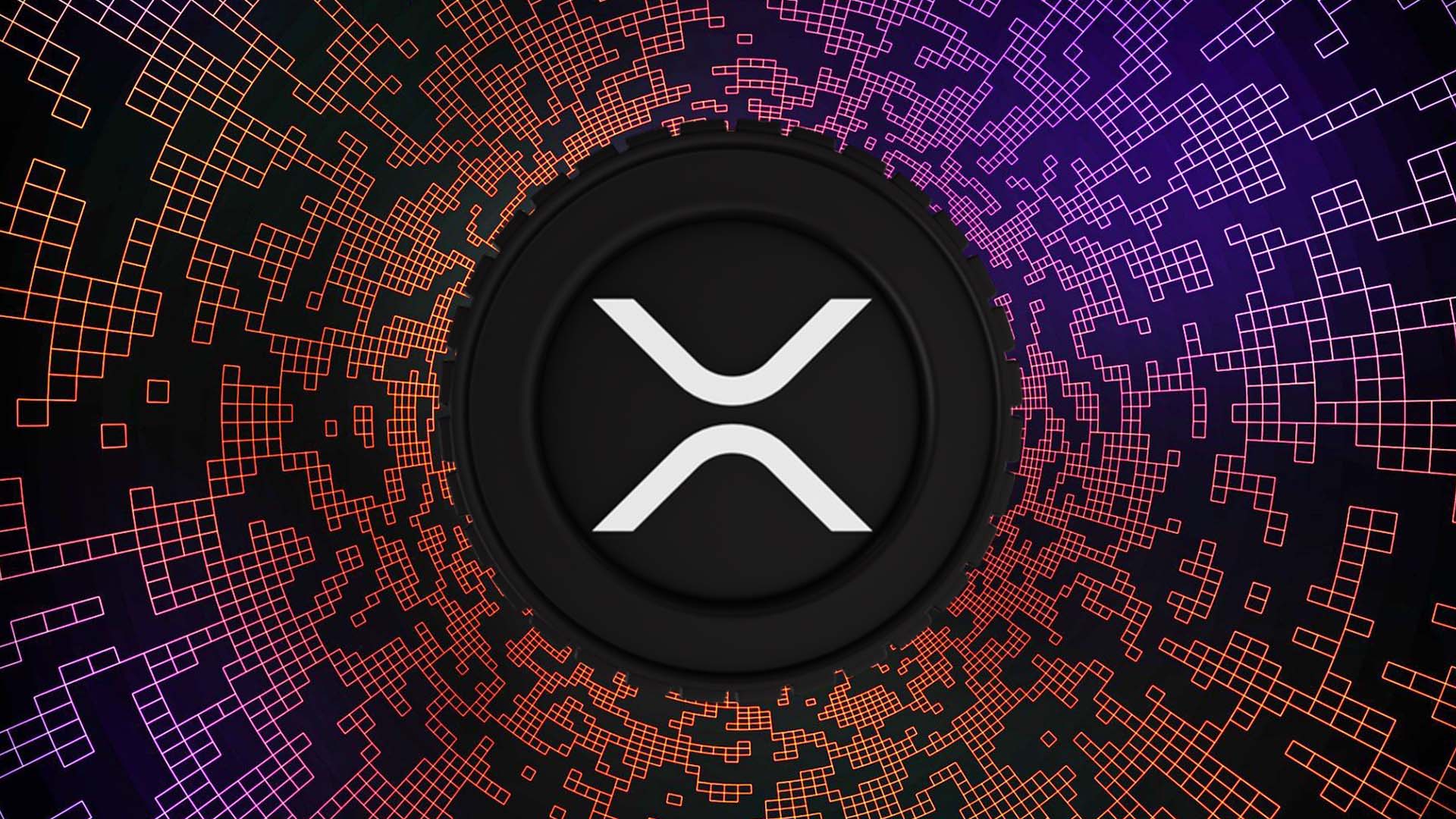|
Getting your Trinity Audio player ready...
|
The XRP community is once again rallying in force, intensifying its scrutiny of the U.S. Securities and Exchange Commission’s (SEC) actions. Many allege that the regulatory body is manipulating the cryptocurrency market to favor Bitcoin and Ethereum, leaving Ripple’s XRP at a disadvantage. The controversy, which has long simmered within the crypto sphere, has recently reignited, fueled by the statements of former SEC director William Hinman on Ethereum, further charging the debates on regulatory favoritism.
Hinman’s Controversial Statement Sparks Outrage
In a series of social media posts, prominent crypto enthusiasts and investors within the XRP community have pointed to Hinman’s now-infamous statement on Ethereum as evidence of the SEC’s inconsistent regulatory approach. A revealing video featuring former SEC counsel Nancy Wojtas has gained significant attention, with Wojtas highlighting the mutable nature of cryptocurrencies—a perspective that raises serious questions about the SEC’s stance on different tokens.
“Tokens are mutable, you know they can change. That’s what Bill Hinman said. And it’s like, well, we don’t really believe that,” Wojtas remarked in the video. This statement has been interpreted by many in the XRP community as evidence that the SEC deliberately created a regulatory grey area, allowing Bitcoin and Ethereum to thrive while casting doubt on other digital assets like XRP.
Vitalik Buterin’s ETH Sales Under Scrutiny
The controversy doesn’t end with Hinman. The XRP community has also turned its focus on Ethereum co-founder Vitalik Buterin, questioning why his recent admissions of selling Ether to fund various projects haven’t attracted the same legal challenges faced by Ripple. Buterin defended his actions, stating, “All sales have been to support various projects that I think are valuable, either within the Ethereum ecosystem or broader charity, such as biomedical R&D.”
However, XRP proponents argue that these sales could be interpreted as securities transactions, yet the SEC has not taken any action against Ethereum. This perceived inconsistency has only deepened the community’s frustration, especially after Ripple’s grueling four-year legal battle with the SEC, which has left many feeling that the regulatory body has unfairly targeted XRP.
Allegations of Favoritism and Market Manipulation
Pro-XRP lawyer Bill Morgan recently cited comments from Elon Musk about monopolistic behavior by industry regulators, suggesting that the actions of the SEC under Hinman and former Chair Jay Clayton demonstrated clear favoritism. According to Morgan and others within the community, the SEC’s treatment of Ripple versus Ethereum underscores a troubling double standard that threatens to undermine the integrity of the entire crypto market.
Also Read: Uphold’s XRP Poll Sparks Debate – Can XRP Surge To $35 Or Fall To $0.25 By Year-End?
These allegations are not just about XRP versus Ethereum—they highlight broader concerns about the fairness and transparency of cryptocurrency regulations in the U.S. The XRP community’s outcry serves as a powerful reminder that consistent, transparent regulatory practices are essential for maintaining market integrity and ensuring that all players in the crypto space are treated equitably.
As the debate continues, the SEC’s actions will likely face even greater scrutiny, not just from XRP supporters but from the broader crypto industry, which is increasingly demanding clear and consistent regulations that foster innovation while protecting investors.
Disclaimer: The information in this article is for general purposes only and does not constitute financial advice. The author’s views are personal and may not reflect the views of Chain Affairs. Before making any investment decisions, you should always conduct your own research. Chain Affairs is not responsible for any financial losses.
A lifelong learner with a thirst for knowledge, I am constantly seeking to understand the intricacies of the crypto world. Through my writing, I aim to share my insights and perspectives on the latest developments in the industry. I believe that crypto has the potential to create a more inclusive and equitable financial system, and I am committed to using my writing to promote its positive impact on the world.




